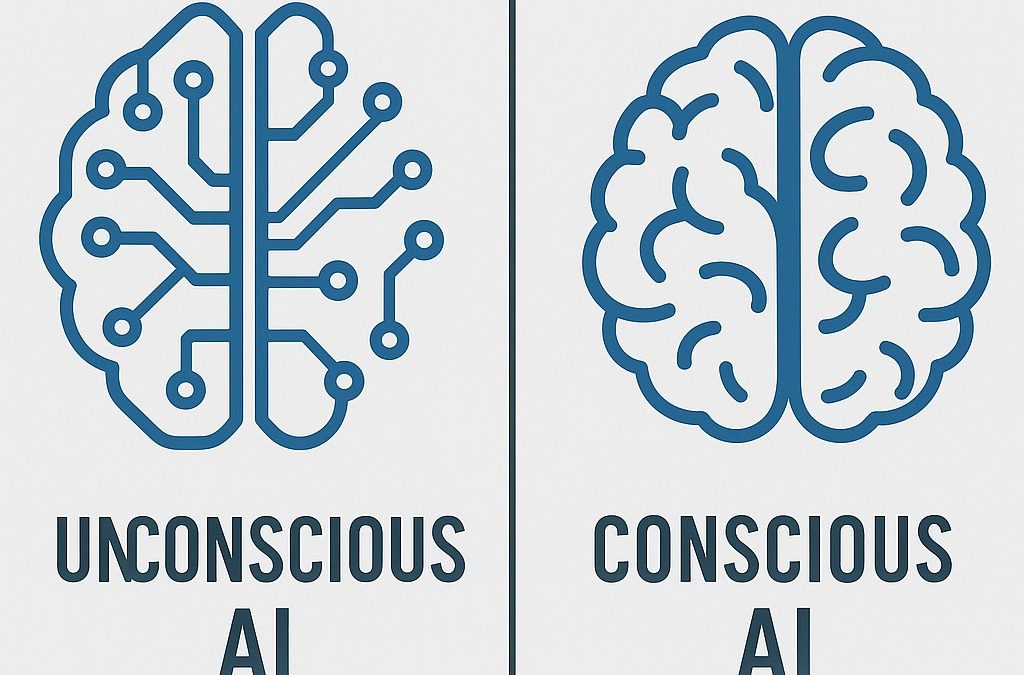
When Flow Disappears: Rediscovering the Daemon in a Distracted Age
May 19, 2025To Be Awake in a Sleeping World
May 24, 2025We’re obsessed with the idea of AI becoming conscious—as if achieving human-like awareness is the threshold at which artificial intelligence truly becomes significant or threatening. But perhaps the obsession with AI “waking up” misses a much more immediate and critical point: AI has already profoundly reshaped society, consciousness or not.
Think about it. AI is embedded in virtually every aspect of our daily lives: how we work, learn, communicate, seek medical care, govern, and entertain ourselves. It’s transforming industries, reshaping economies, and redefining what it means to be human at an accelerating pace.
And here’s the kicker—AI doesn’t need consciousness to trigger radical societal change.
Consider the profound and irreversible shifts we’ve already experienced. Jobs are disappearing or evolving dramatically, prompting economic anxieties and new ethical debates. AI-driven decisions increasingly determine critical aspects of our lives, from credit scores to healthcare diagnoses. The biases embedded in these systems raise urgent moral and societal questions about equity and justice.
The philosophical and ethical debates around AI consciousness can sometimes distract from addressing these tangible and pressing challenges. Even without achieving human-like consciousness, AI can significantly disrupt and redefine societal structures. Indeed, focusing too heavily on whether AI might “think” or “feel” risks overlooking the very real—and already occurring—impacts AI has on our daily existence.
Moreover, the fixation on AI consciousness might reflect our anthropocentric bias. We value consciousness precisely because it’s a hallmark of our humanity. But an AI doesn’t need subjective experience or emotional awareness to fundamentally alter human life. The industrial revolution, the internet, and other transformative technologies reshaped society without consciousness or intentionality. AI is doing the same—just faster, deeper, and with potentially even greater consequences.
So perhaps we should shift the conversation. Rather than asking, “Will AI become conscious?” let’s ask more pragmatic, impactful questions:
- How do we retain our humanity in a world increasingly shaped by AI?
- What ethical frameworks should guide AI’s rapidly expanding influence?
- How do we ensure equity, privacy, and human rights amidst powerful AI-driven systems?
The future isn’t waiting for AI consciousness. It’s already here, shaped by artificial intelligence—conscious or not.
Let’s engage thoughtfully and deeply with the reality we face now. Consciousness, fascinating as it may be, might turn out to be secondary to the revolutionary change AI has already unleashed upon us.
